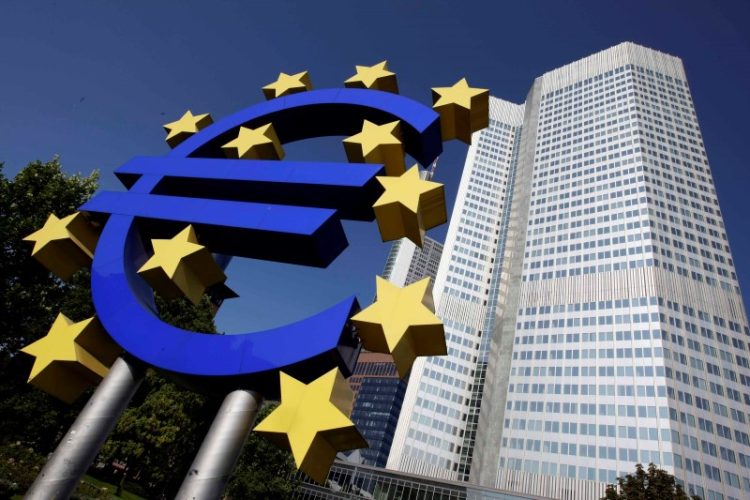© 2020 All rights reserved to Maaal Newspaper
Publisher: Maaal International Media Company
License: 465734
Business activity in Eurozone declined during February
A survey showed on Thursday that the rate of decline in business activity in the euro zone eased in February, as the dominant services sector broke a six-month series of contraction, which offset a deterioration in the manufacturing sector.
According to Reuters, the preliminary Hamburg Commercial Bank Composite Purchasing Managers’ Index, compiled by Standard & Poor’s Global, rose to 48.9 points this month from 47.9 points in January, exceeding expectations in a Reuters poll of 48.5 points, but representing its ninth month below the 50 level. The dividing point between growth and contraction.
“There is a glimmer of hope that the euro zone is heading towards recovery,” said Norman Lipke, an economist at the Hamburg Commercial Bank. This is especially noticeable in the services sector.”
Morale improved and companies increased headcount at the fastest pace since July, indicating expectations of continued momentum. The employment index rose to 51.2 points from 50.1 points.
The Services PMI jumped to 50 points from 48.4 points in January, far exceeding the survey’s expectations of 48.8 points.
But there were signs of inflationary pressures with services input and output price indices rising, as happened in January. The production price index rose to its highest level in nine months at 56.9 points from 56.3 points.
This may worry policymakers at the European Central Bank, which kept interest rates at a record high of four percent last month and reaffirmed their commitment to fighting inflation even as investors bet on lower borrowing costs this year.
The decline in the manufacturing sector increased this month, with the Purchasing Managers’ Index falling to 46.1 points from 46.6 points, which is contrary to expectations in a Reuters poll for an increase to 47 points. The sector’s Purchasing Managers’ Index has been recording a level of less than 50 points since July 2022.
An index measuring production, which feeds into the composite Purchasing Managers’ Index, fell to 46.2 points from 46.6 points.
Lipke added, “The manufacturing sector represents an obstacle to the European economy. This is clearly evident in the sharp decline in production and the decline in new orders.”
Related







